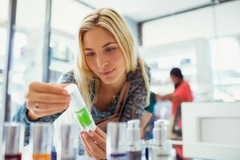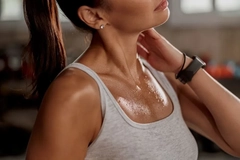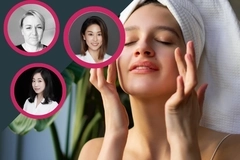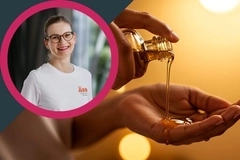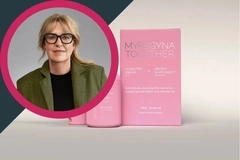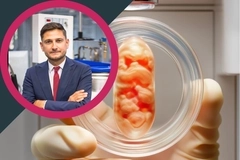How will the International Collaboration on Cosmetics Safety ensure animal-free testing for cosmetics?
08 Mar 2023 | International Collaboration on Cosmetics Safety (ICCS)
Erin Hill, president and CEO at International Collaboration on Cosmetics Safety, shares the latest developments in progressing animal-free testing for cosmetics. While detailing how the initiative facilitates collaboration between governments and companies, she underscores how varying regulations per country can challenge certain forms of animal-free testing, such as artificial skin.
Subscribe to our newsletters
By continuing to browse our site you agree to our Privacy Statement


